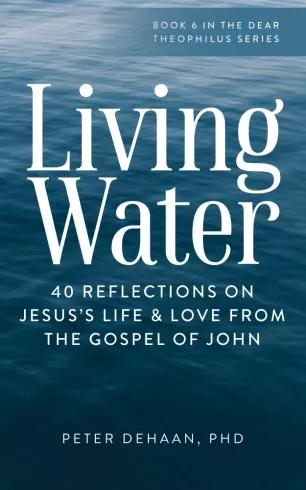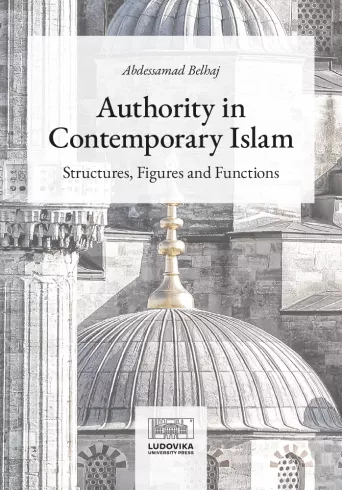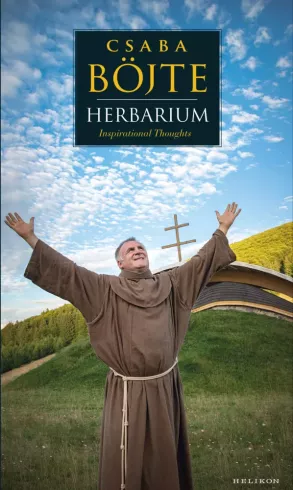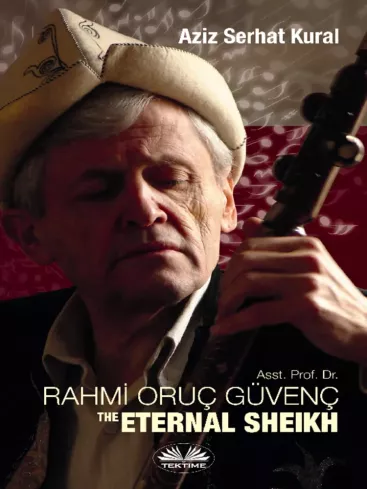


Authority in Contemporary Islam(E-könyv)
Authority is a key question in Islamic studies and beyond. This book examines the nature, figures, structures and functions of religious authority in contemporary Islamic ethics. It also discusses how Islamic authority and political power compete and/or cooperate in Muslim contexts and Europe. Moreover, it provides a coherent framework to understand authority as a moral foundation in relation to community, power, tradition and subversion. Various cases from Europe and the Muslim world are studied here to showcase the claims and practices of authority in their contexts. Despite its active role and resourcefulness in contemporary Islam, religious authority has to confront many limitations, including the dynamics of secularisation and individualisation.
Authority is a key question in Islamic studies and beyond. This book examines the nature, figures, structures and functions of religious authority in contemporary Islamic ethics. It also discusses how Islamic authority and political power compete and/or cooperate in Muslim contexts and Europe. Moreover, it provides a coherent framework to understand authority as a moral foundation in relation to community, power, tradition and subversion. Various cases from Europe and the Muslim world are studied here to showcase the claims and practices of authority in their contexts. Despite its active role and resourcefulness in contemporary Islam, religious authority has to confront many limitations, including the dynamics of secularisation and individualisation.
The author is a senior researcher at the Religion and Society Research Institute of the Eötvös József Research Centre at the University of Public Service (Budapest).




